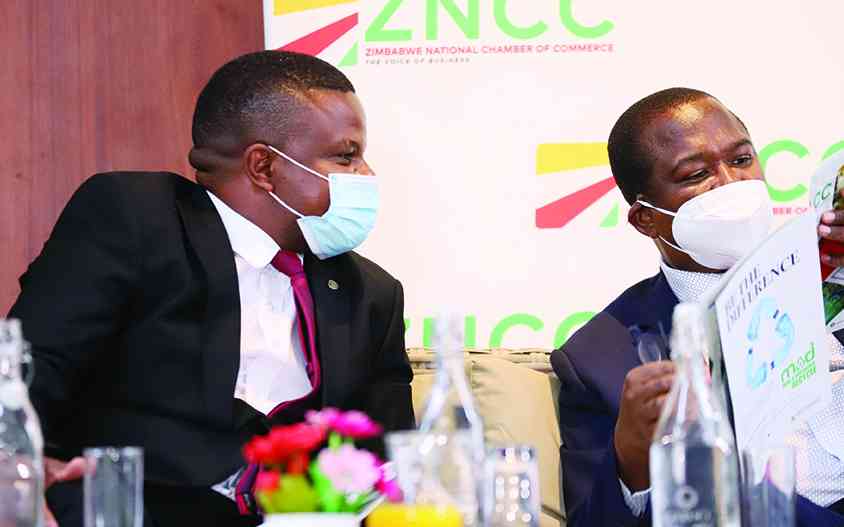ZIMBABWE is battling another cholera outbreak barely a year after it declared that the country was in the clear of the water-borne disease.
The current wave has been recorded in the fishing town of Kariba where 21 cases have been confirmed.
Kariba district medical officer, Godfrey Muza, said one person, who was recorded as the first case, had died.
“We have set up cholera treatment camps at the clinic, Gache Gache, and also some oral rehabilitation points within the affected villages,” Muza said..
“We are getting assistance from our local partners and also some regional partners like Medecins Sans Frontieres and Unicef.”
He said several teams were on the ground doing risk communication and community engagement activities including health promotion, hygiene promotion and assisting the community in terms of improving their sanitation.
Keep Reading
- Wounded Sables desperate to salvage pride
- Wounded Sables desperate to salvage pride
- Star duo starts for Sables
- Chitungwiza sewer infrastructure collapses
The cases were recorded from November 6, 2024, from the Gache Gache fishing camp.
Zimbabwe had in July this year declared the end of a cholera outbreak that began in February 2023.
Community Working Group on Health executive director Itai Rusike said cholera remained a public health threat as access to clean and safe water and sanitation remains a serious challenge.
“The persistence of cholera in these places reflects weaknesses in water and sanitation infrastructure and services, high risk hygiene and social practices, gaps in surveillance and healthcare systems,” Rusike said.
He said there was a need to tackle the recurring outbreaks at community level by dealing with public health issues and causes surrounding the continuous outbreaks.
“Ensuring basic water, basic sanitation, basic hygiene practices and solid waste management is vital for the successful prevention and elimination of cholera,” he said.
Cholera is now endemic and it has been attributed to poor water, sanitation and hygiene issues.
The 2008/2009 outbreak, which resulted in 98 592 cases with 4 288 deaths, was the worst in the country’s history.





